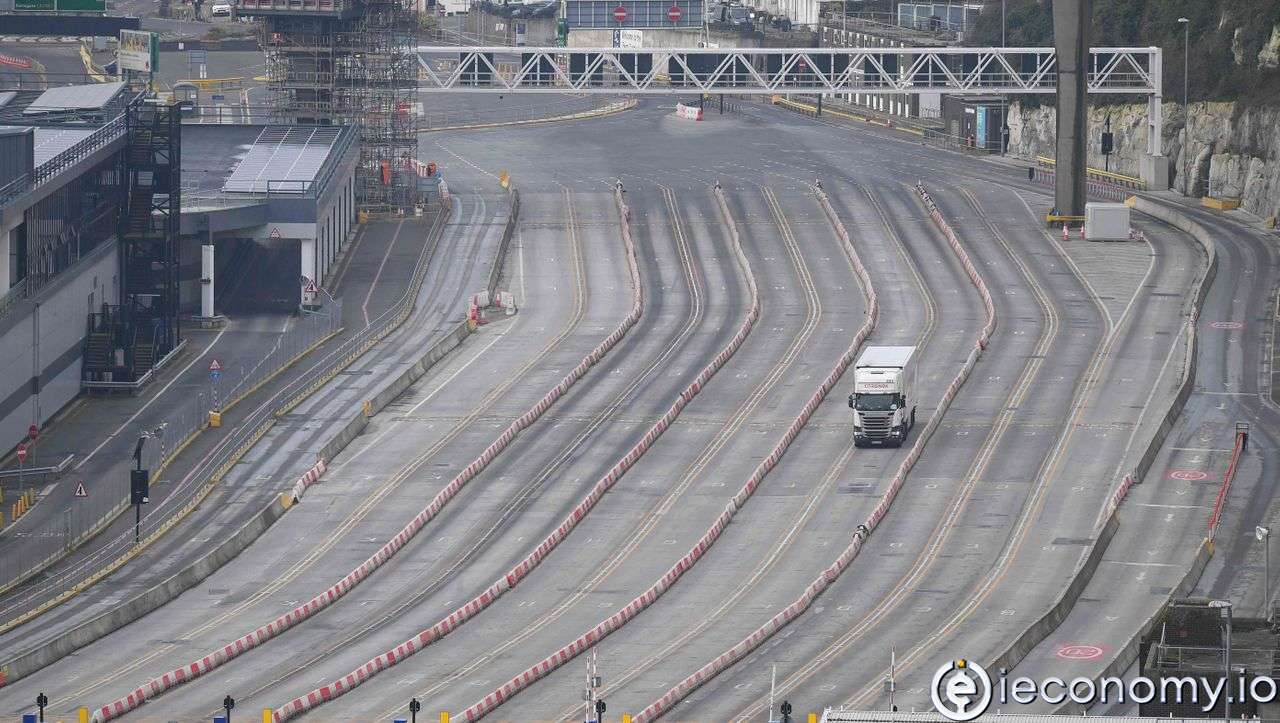2936
0
Brexit deal does not stop trade slump
Brexit deal does not stop trade slump. British exports to the EU even plummeted 47 percent to just 16.6 billion euros.

Yazar: Tom Roberts
Yayınlanma: 29 Nisan 2021 21:57
Güncellenme: 2 Mart 2026 17:18
Brexit deal does not stop trade slump
After Brexit, Great Britain also left the EU internal market and the European customs union on January 1. In order to keep the economic consequences as low as possible, both sides agreed a comprehensive trade agreement, which is already provisionally in force. It provides for the waiver of any tariffs and quantitative restrictions in the trade in goods. But the agreement could not prevent a significant slump in mutual trade after the Brexit. According to data from the EU statistics agency Eurostat, EU exports to Great Britain fell by 20.2 percent to 39.8 billion euros in January and February. British exports to the EU even plummeted 47 percent to just 16.6 billion euros. The chairman of the trade committee in the European Parliament, Bernd Lange (SPD), attributes this on the one hand to new export formalities such as certificates of conformity for food exports, which at least in the initial phase caused delays and distortions. Among other things, it checks whether products are mainly manufactured in Great Britain and whether food meets the required standards. British exporters, for example, are required to provide a health certificate for every animal and vegetable product. The chairman of the British Association of Small Businesses (FSB), Mike Cherry, said: "Those who do business internationally are confronted with incredibly complex, unfamiliar paperwork". "We were hoping it would be a teething problem, but it seems to be a permanent, fundamental problem." In a survey by the association, more than a fifth of small UK exporters said they had temporarily suspended their sales to the EU. An additional four percent have permanently ceased trading with the EU. According to the EU parliamentarian Lange, companies have also "restructured supply chains because the expenditures have increased". He therefore assumes "that the level of trading activities will not reach the pre-Brexit level again".İLGİLİ HABERLER





European stocks soared and focus shifted to German retail sales after Powell's speech!

Forex Signal For TRY/USD: Inflation Slowdown in November.

Forex Signal For GBP/USD: Bullish Trend Still Not Breaking While Recovery Continues.

Forex Signal For EUR/USD: Starry US Data Points to Higher Fed Increases.

Forex Signal For BTC/USD: Downside Continues as Bitcoin Recovery Moves Less.
En Popüler Haberler
Yorum Yap
Yorumlar
Henüz yorum yapan yok! İlk yorumu siz yapın...